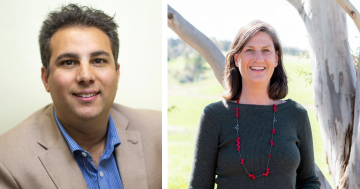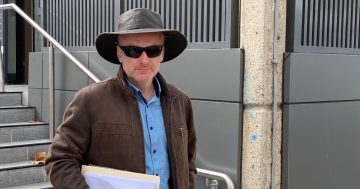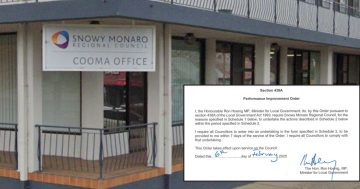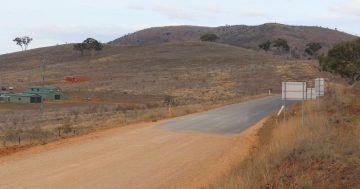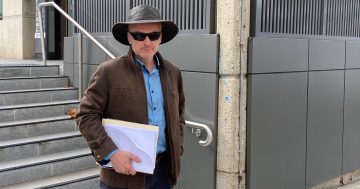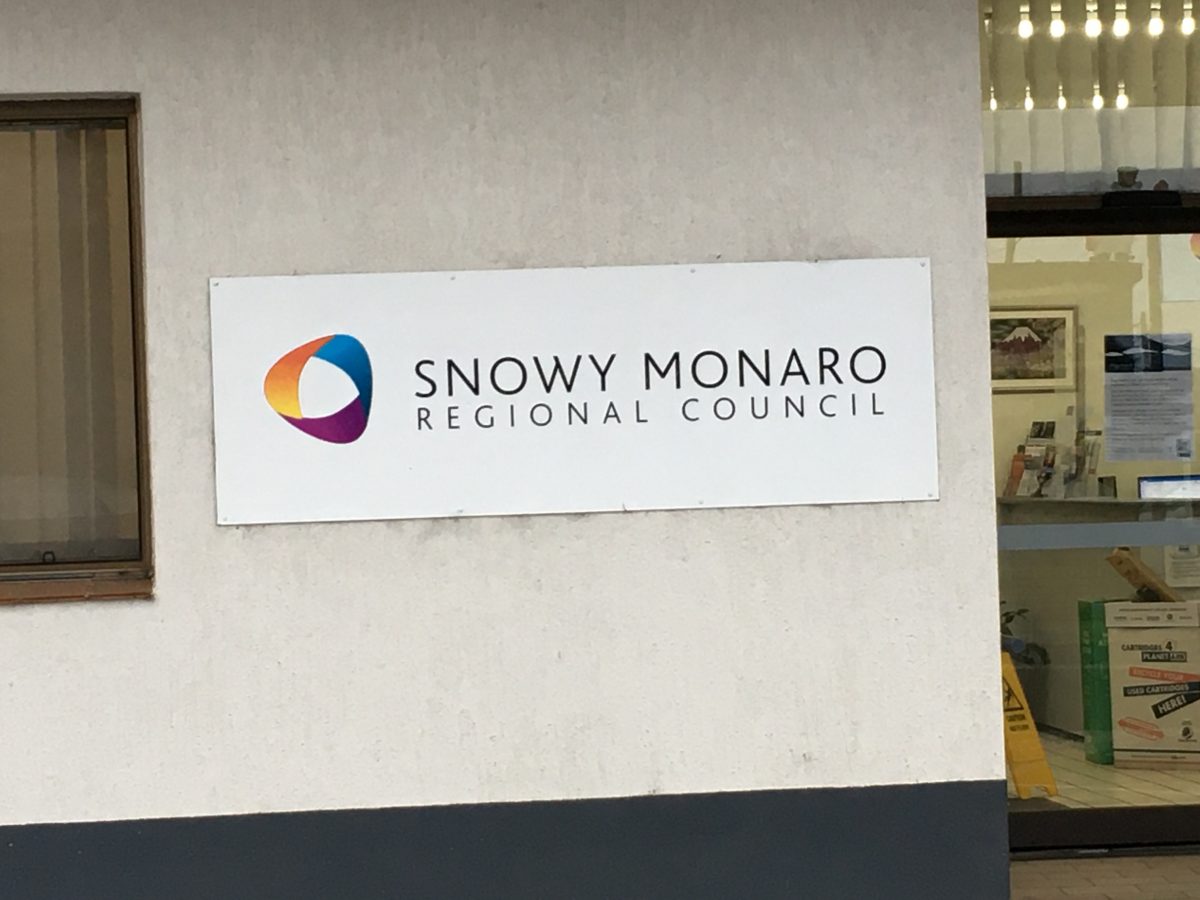
Snowy Monaro Regional Council has voted to formulate a policy that protects councillors and staff from social media harassment. Photo: Gail Eastaway.
Snowy Monaro Regional Council has voted to take action to protect councillors and staff from social media posts that threaten, intimidate, harass, humiliate, slander, defame or troll them.
The move came from Mayor Narelle Davis, who has previously publicly criticised such comments posted on social media.
The motion gives the council the ability to report such actions, take legal action where possible and make complaints to the eSafety Commissioner.
Further, it prohibits the recording and live-streaming of council events, community meetings and consultations without prior written permission being obtained.
However, the motion met opposition from members of the public who spoke in the public forum before the meeting.
Charles Kolano told the council there should have been some legal assessment of the motion before it was put.
He stressed the importance of free speech, claiming councillors and staff enjoyed protections that the general public did not.
Another speaker, Nicole Vlug, representing the Snowy Monaro Ratepayers and Residents Association, said the motion, to her, “feels like pure communism”.
She said critical posts on social media were stemming from people’s frustrations with the council.
Ms Vlug highlighted the importance of ethical and honest conduct by the council, asserting that such conduct inherently prevented undesirable actions by the community.
She said freedom of speech was a fundamental right.
Mayor Davis said the matter was an occupational health and safety issue, for which councillors were responsible.
She said NSW Police could do little about these matters if the council did not have a policy in place.
The Mayor stressed that it was the responsibility of the council to have a process in place to support staff, and that she had proposed this motion to put together such a policy.
She said the definitions and policy direction came from the office of the eSafety Commissioner.
She summarised her desire to submit a motion to the upcoming Local Government NSW conference, and conveyed concerns from councillors across the state about the lack of legislation covering social media activity.
Cr Lynda Summers concurred, characterising the motion as an important step forward for the council. She echoed the Mayor’s statement that the eSafety Commissioner gave guidance for the development of this policy, and that current social media laws were insufficient.
Addressing comments made during the public forum, Cr Summers said this policy was about reducing abuse, not stifling debate.
She highlighted the distress suffered by staff, and said there was no reason to defend the actions of those who engaged in abusive behaviour.
Cr Peter Beer confirmed with Mayor Davis that any policy would be subject to review by the council’s solicitors.
Cr Tricia Hopkins supported the idea, emphasising that staff had a right to a safe workplace. She rejected the assertion made in the public forum that public sector workers should be expected to put up with abuse.
Cr Hopkins proposed an amended motion stating that the council would work with WorkSafe NSW to develop a policy – being wary of the potential legal and financial ramifications of the current proposal.
Cr Craig Mitchell said the current motion sought only to establish a policy, and did not dictate the form or content of that policy. He reiterated the importance of addressing this problem, and the suffering of staff and councillors due to abusive behaviour.
He urged councillors, as leaders of the community, to make a strong statement against abuse.
Cr Bob Stewart expressed concerns about the council restricting free expression. He said any policy in this area should come from Local Government NSW or the NSW State Government, and was concerned that the proposal would increase tension between the council and the community.
Cr Tanya Higgins spoke in support of the motion, and the wording it contained taken from the eSafety Commissioner.
Addressing Cr Stewart’s concerns, she suggested that this proposal would make it easier for the community to engage with the council and discussions about the organisation. She said this would not limit dissent or disagreement, but restrict abusive conduct.
Cr Williamson stated his belief that it is not the role of local government to regulate public commentary, and that the council should consult the NSW Attorney General and the Office of Local Government before taking any action.
He said his experience with the community on social media, and elsewhere, had been respectful.
He indicated a lack of community consensus on this matter, with some vehemently against the proposal and some stridently in support, but most not understanding why the council was seeking to pursue this course of action.
Cr Williamson requested data to support the claims of abusive behaviour made in the motion, and questioned why the council or the community would want to restrict independent reporting and live-streaming.
He reiterated legal concerns and reservations about enforcement.
He said the council could easily and cheaply stream its own public events, forgoing the need for the community to do this in the council’s absence.
In her right of reply, Mayor Davis acknowledged the comments from around the table. She asserted that the council can consult with the NSW Attorney General and the Minister for Local Government.
She said in the event of a WorkSafe complaint, the council’s non-existent policy would be the first thing requested in an investigation.
The motion was put to a vote, with Crs Beer, Davis, Hanna, Higgins, Johnson, Mitchell and Summers in favour, and Crs Frolich, Hopkins, Stewart and Williamson opposed.







